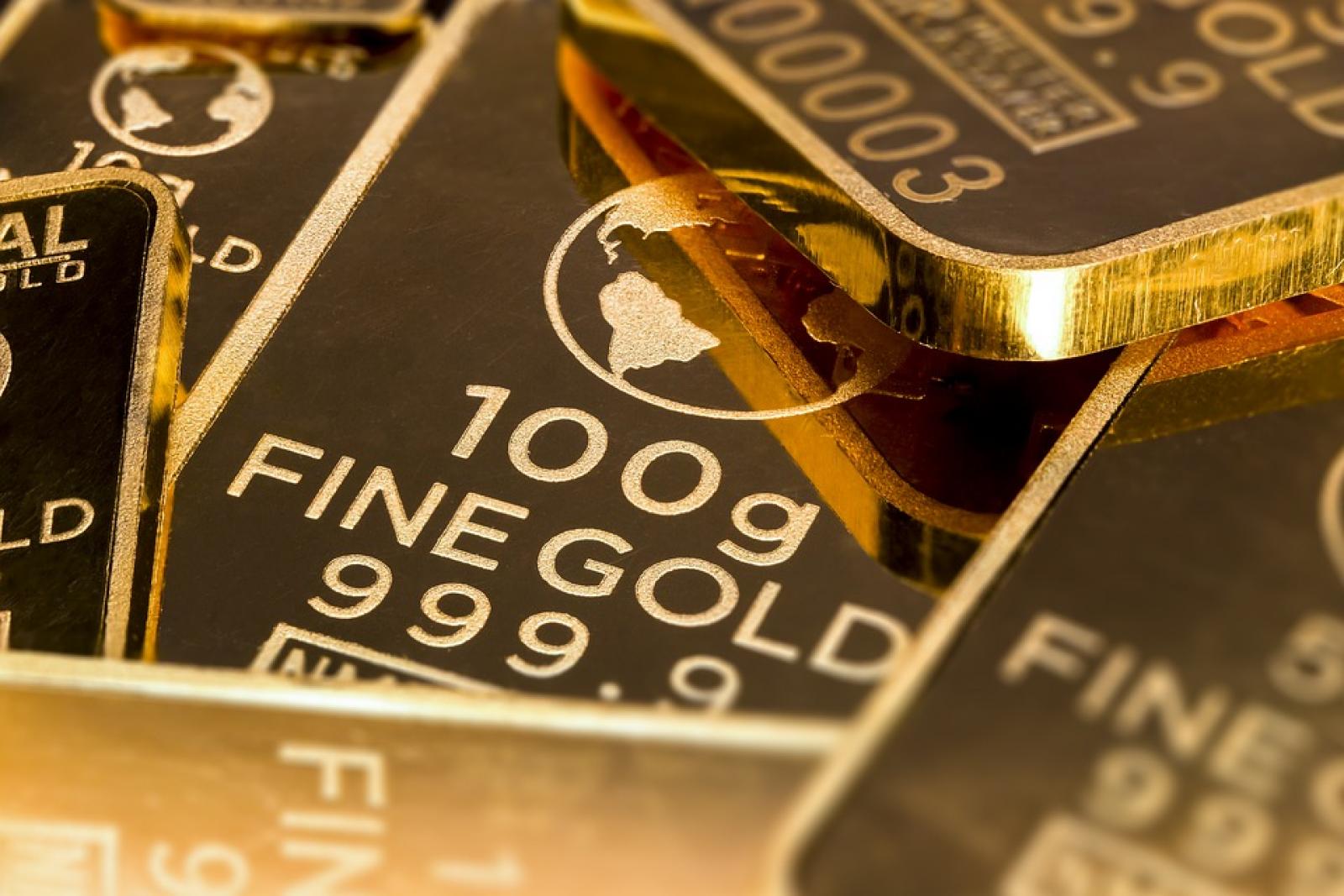
The euro was higher against its major counterparts in the New York session on Friday, as concerns about an escalation in the Middle East conflict eased after a subdued response from Iran to Israel\'s retaliatory attack.
Iran\'s state-run media reported that there was no missile attack and the explosions heard in Isfahan were the result of the activation of the missile defenses.
Also, the nuclear facilities in Iran\'s central Isfahan province are completely safe, the semi-official news agency Tasnim reported.
The International Atomic Energy Agency (IAEA) also confirmed that there has been no damage to Iranian nuclear sites as a result of the Israeli strike confirmed by U.S. officials.
The limited Israeli strikes in Isfahan province in Iran scaled back fears of a wider regional conflict.
The euro rose to 1.0677 against the greenback and 0.9716 against the franc, from an early 2-day low of 1.0610 and a 1-1/2-month low of 0.9565, respectively. The euro is poised to challenge resistance around 1.08 against the greenback and 0.98 against the franc.
The euro climbed to 10-day highs of 0.8581 against the pound and 165.02 against the yen, from an early low of 0.8554 and a 4-day low of 163.02, respectively. The euro is likely to find resistance around 0.88 against the pound and 166.00 against the yen.
In contrast, the euro eased against the loonie and was trading at 1.4644. This may be compared to a prior 4-day low of 1.4635. If the euro falls further, it is likely to test support around the 1.44 region.
The euro was trading at 1.6608 against the aussie and 1.8091 against the kiwi, after easing from an early 1-1/2-month high of 1.6681 and nearly a 5-month high of 1.8134, respectively. The euro may face support around 1.61 against the aussie and 1.74 against the kiwi.





